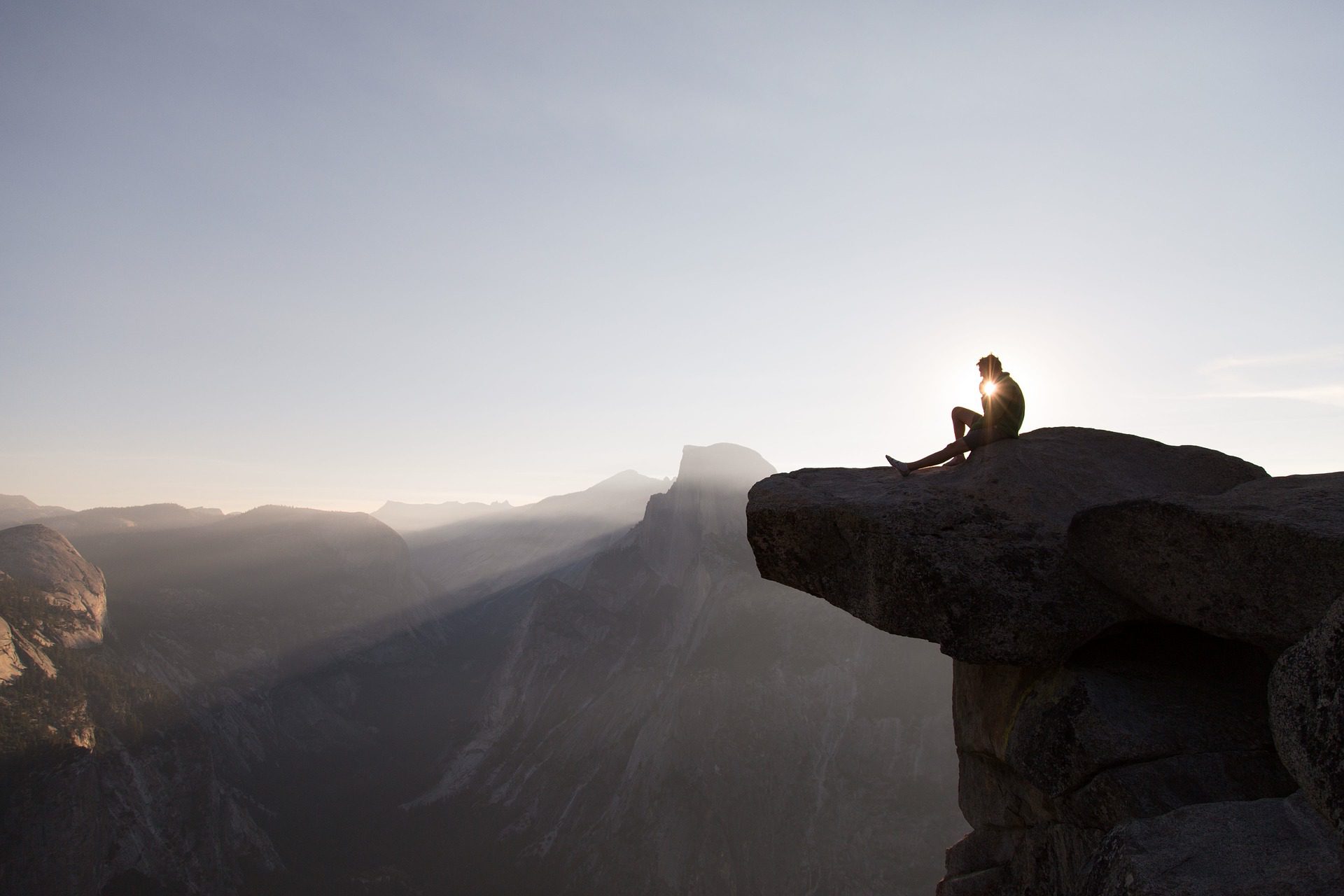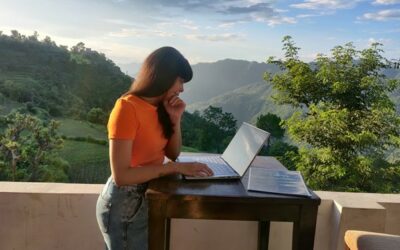|
|
In the current day we are all told to dream big and work hard for what we want in the future. While that is very good advice, it can also lead us into the trap of worrying so much about the future that we forget to enjoy right now.
The future is uncertain and may never come. And if our preoccupation with the future blinds us, or even just numbs us, to all the opportunities and experiences that are in the here and now, we can find out that we have missed our lives as we are busy planning for a future that we might not even want when the time comes.
The whole digital nomad movement is, in part, a response to the idea of working hard now to enjoy a brighter future later, when you’ve made your million or retired and have the time and money to relax, travel the world, and do whatever else you want.
The digital nomad philosophy is “why wait”? You can travel while building your career and creating that nest egg that you want for the future. Do it all, rather than wait for meagre holiday leave or some mythical day when you finally have “enough”.
The Challenge for Digital Nomads
But digital nomads aren’t immune from the trap of living for the future. It has become a part of cultural thinking, and it can be difficult to escape even when you have removed yourself to the other side of the world.
The way that digital nomads displace themselves does tend to be different. It usually comes from having a list of places to visit and things to do that is incredibly long, and a feeling that it must all be done in a relatively short period of time. Because there is so much to see.
When this happens, digital nomads often become so preoccupied planning the next thing and making schedules fit together that they can forget to enjoy the present moment.
While most people have this tendency when they travel, it can be exacerbated for digital nomads because of the challenges of trying to balance work and travel. This time pressure of fitting everything in can make it feel like there is never enough time, which can make a person more susceptible to obsessing about the future.
But what can you do about it?
We think that there are two main strategies to consider in order to live more in the present as a digital nomad. The first is slowmadism, which basically means travelling more slowly to relieve time pressures and give yourself the space that you need to enjoy where you are.
The second are mindset shift techniques that help you focus more on the present, which are useful to anyone who struggles with this, digital nomad or not.
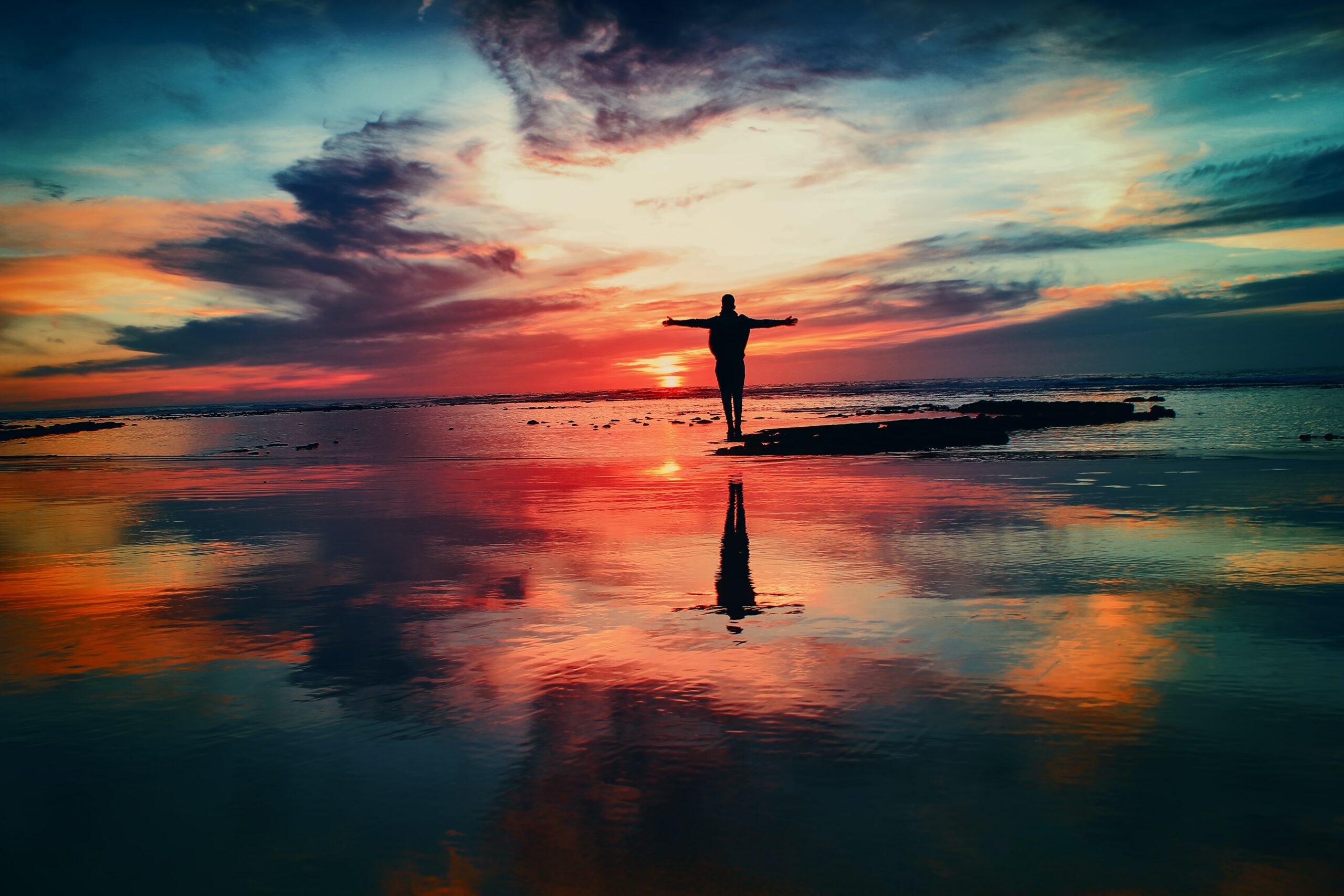
Slowmadism
Slowmadism is not a complex concept, it is just taking the “less is more” approach when making your travel plans. For example, rather than trying to visit all 26 of the states in Brazil within the time of a standard three-month visa, you choose a smaller number that you are interested in and spend more time in each.
In this way, rather than putting yourself under pressure to see and experience everything that a city has to offer in the space of a week or less, you might stay for a month. This not only releases time pressure, but also lets you explore the city in more depth and gives you the opportunity to make more friends and form deeper connections.
It should also make it easier for you to get more work done in less time. One of the biggest time drains for digital nomads is not just the time spend travelling, but the time spent adjusting to new places. This can include another time zone, different accommodation, finding places that you like to work, figuring out internet, and falling into productive routines. So, staying in one place for longer should also boost your work productivity.
Slowmadism has other benefits, such as saving the planet and saving you money. You can read our complete guide to slowmadism here.
Exactly how slow you need to go depends very much on you. What are your energy levels, how adaptable are you, what is your workload? Of course, it also depends on where you are going. How big is it, how much is there to do, what is your interest level?
But if you are struggling to live in the present, slowing down your approach to travel is a good first step.
Of course, you also need to be assessing your workload. You need to make enough money to survive and save for the things that you have planned for the future. You also want to say yes to jobs that challenge you and develop you professionally, but that doesn’t mean that you should say yes to everything.
Just as most people have their workload limited by their office hours, you need to put limits on what you take on professionally.
Adopting some of the principles of Essentialism can be a good place to start. This means only saying yes to things that make the greatest contribution to your goals, dreams, and your bottom line. You can read more about Essentialism on Greg McKeown’s website.
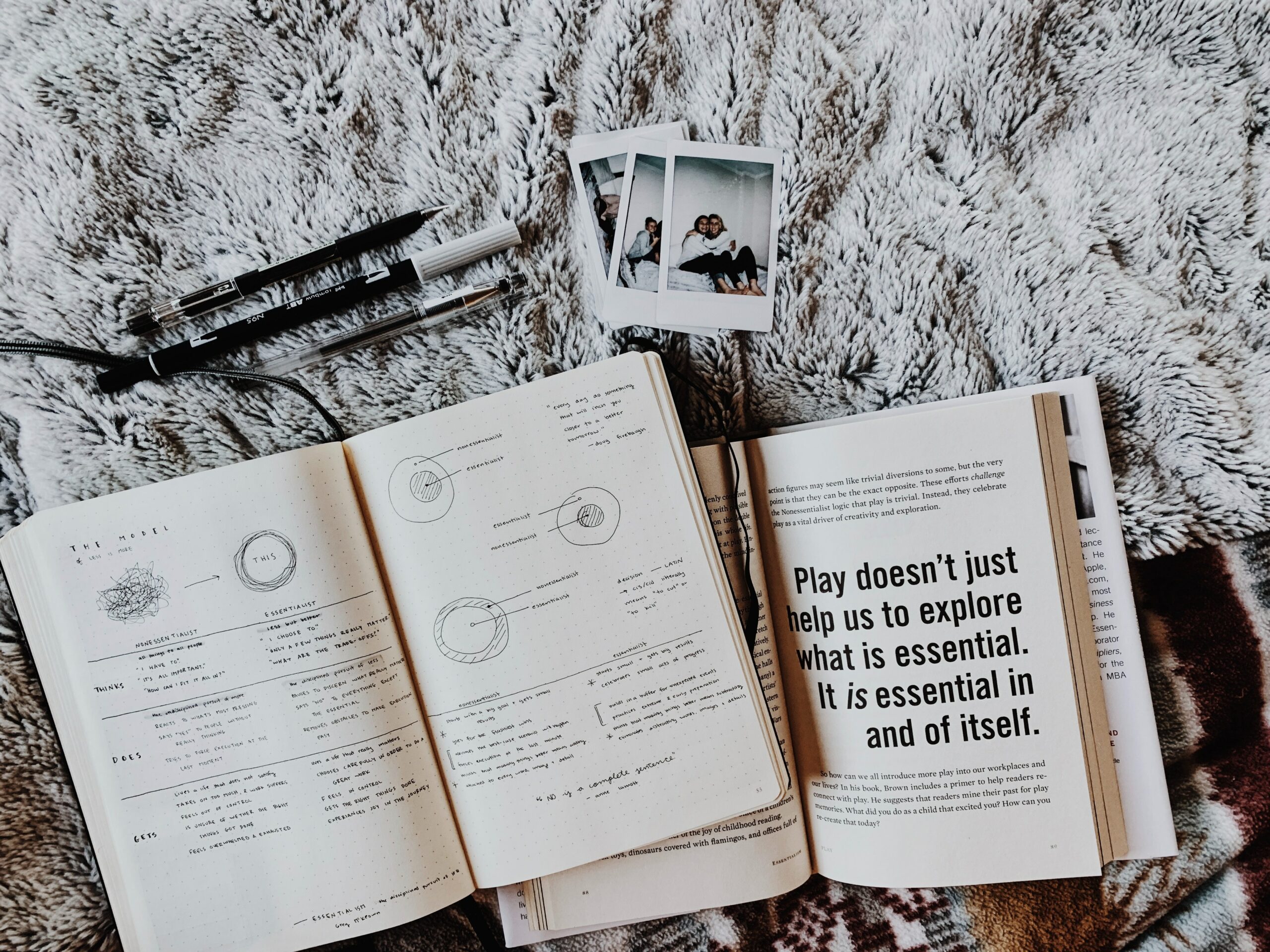
Presence Techniques
The second course of action that can help you to live more in the present and enjoy your life is to discipline your mind to focus on the present.
There are a wide variety of ways in which you can do this, but at the core, it is about making a commitment to focus on the here and now and sticking to it. As with most changes, it is challenging at first and you need to put a lot of structures in place to help you stick to what you said. But with time, it becomes habitual and your default way of thinking.
Morning Routine
A good place to start is to create some kind of morning ritual that brings you into the present and reminds you of your commitment to enjoy today. This could be a short meditation, in which you use some kind of mantra to remind you of this commitment. It might also be a mindfulness-based meditation where you bring your attention to the state of your body and surroundings in the here and now, setting the tone for the rest of the day.
Regular Reminders
On top of this, you might also want to give yourself reminders throughout the day to focus on the here and now. You might choose to do this every time you sit down to eat, as it is something that you do regularly and consistently.
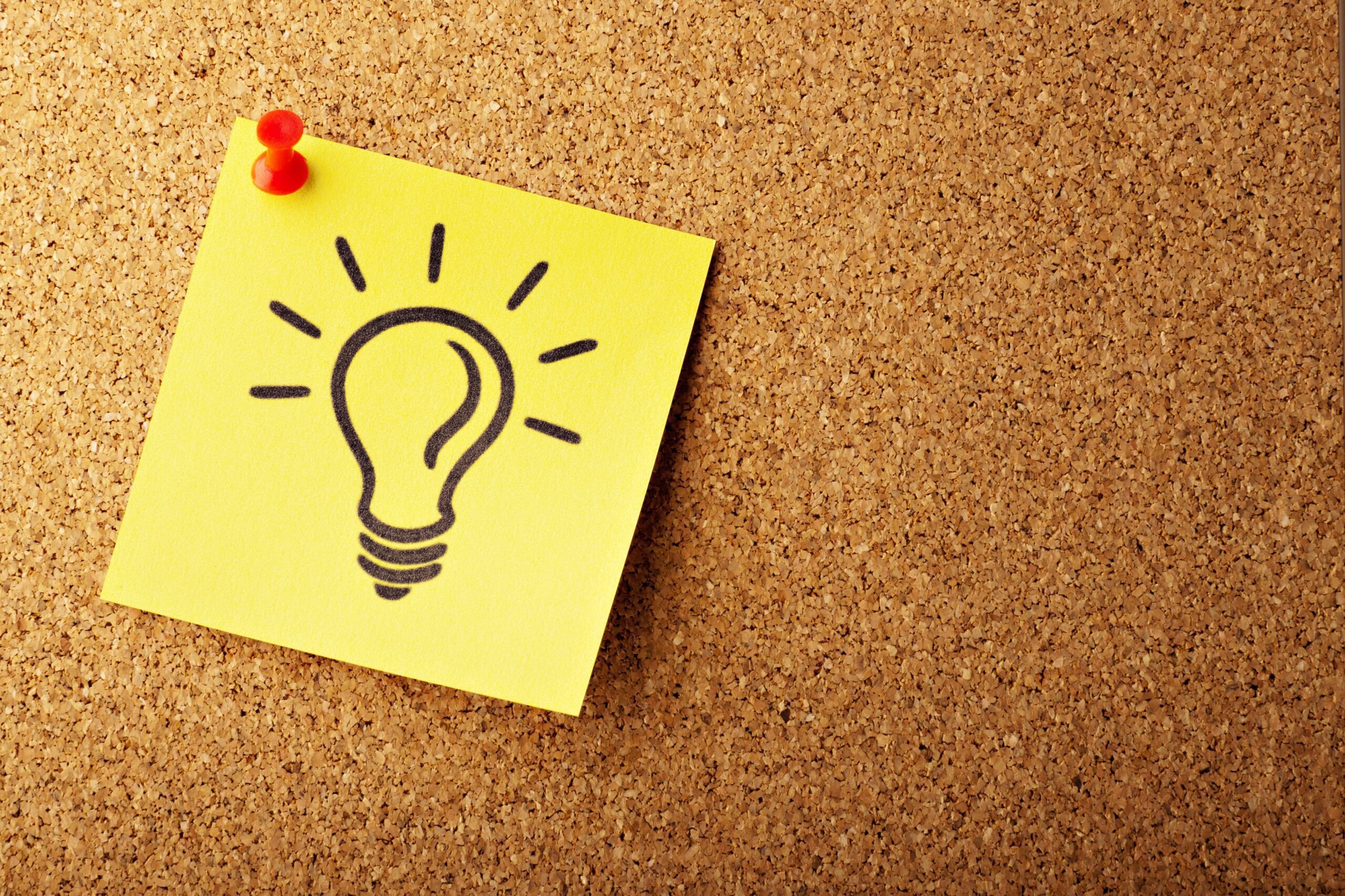
Special Moments
If you find that you struggle to focus on, remember, or fully experience things that happen in the present, you might want to give yourself a reminder to do this whenever you arrive somewhere special.
For some people, just reminding yourself that you don’t need to be anywhere else or worry about anything else for the next however many hours and that you are free to fully dive into the current moment is enough.
Other people need more.
If this is you, perhaps consider that later you will want to recount this experience in as much detail as possible to someone that you care about. This can be the push that you need to pay a bit of extra attention, as you aren’t just doing it for yourself.
Do follow up later and call that person and tell them all about it.
Gratitude Journaling
Taking the time to write down what you experienced on a given day can reinforce for you just how important, enjoyable, and worthwhile it was. It also gives you another motivation to pay close attention, so that you can capture all the details later.
But go beyond just recounting who, what, when, and where.
Make a note of things that you were grateful for during the day. That could be seeing a place that you have always dreamed of, or a brief conversation you had over lunch that made you feel more connected to other people than you have for a few days.
You can also note down lessons that you learned and that you want to incorporate into your life, strong feelings that you had, and anything else that seems relevant to you on a personal level.
While, of course, if an experience brought up something challenging, this is something that you will want to get into as part of your journaling. But try to focus on the positives, so that you reinforce how good being in the present makes you feel.
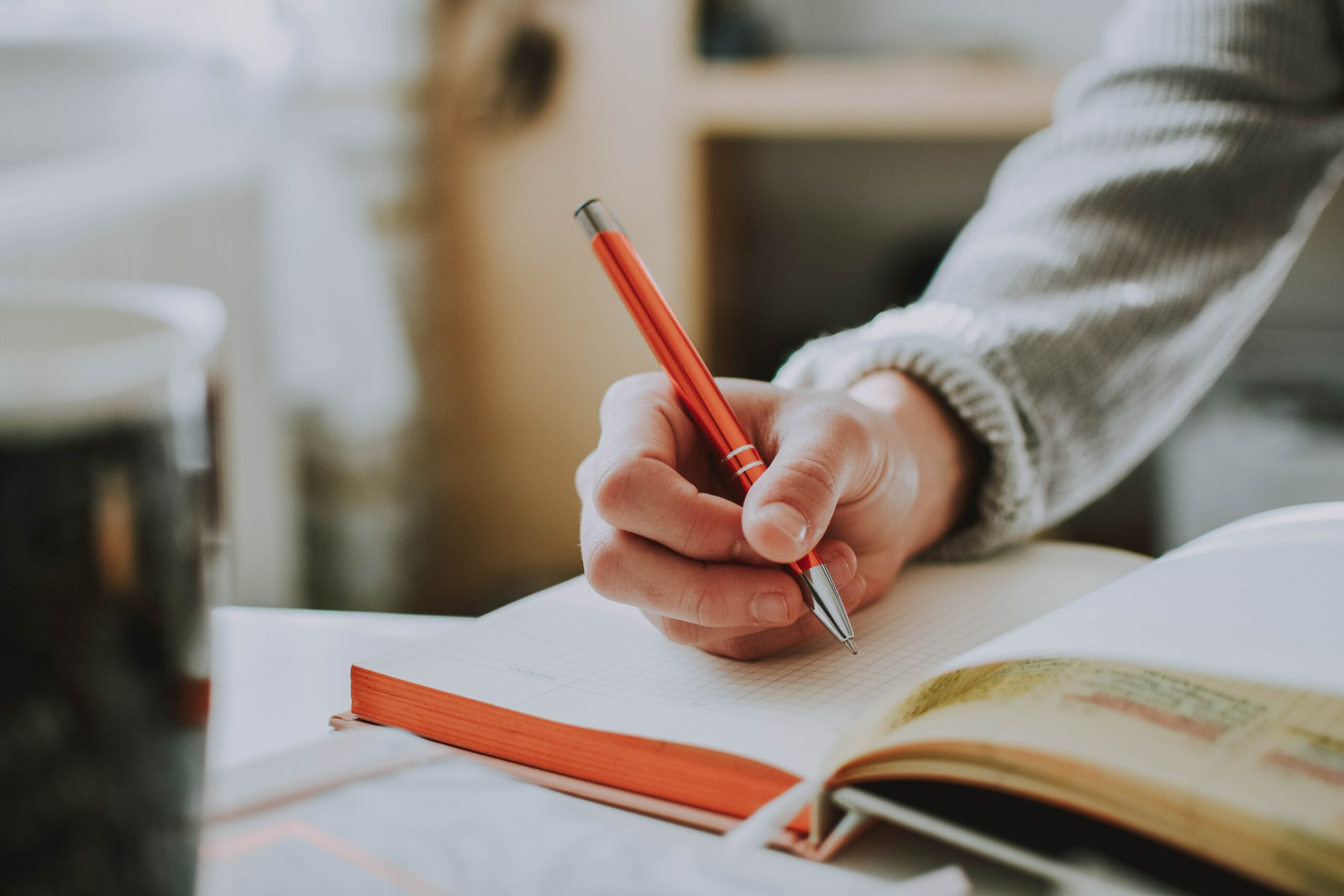
Future Planning
While you are focussing on the present, you do still have a future to worry about, and it is this worry that can be distracting. It can be hard to focus on beautiful art when you are also worried if your next visa will come through and if you will have enough to cover this week’s expenses.
You can relieve some of the stress related to planning by making choices that can help you out. For example, when choosing a travel and health insurance provider, you can choose one that caters to digital nomads specifically and this understands your needs and lifestyle demands, like SafetyWing.
So, give yourself time to worry about these things. Allocate an hour once or twice a week where you are free to worry, plan, and dream about the future without feeling guilty about not living in the moment.
It is something that needs to be done, just not all the time.
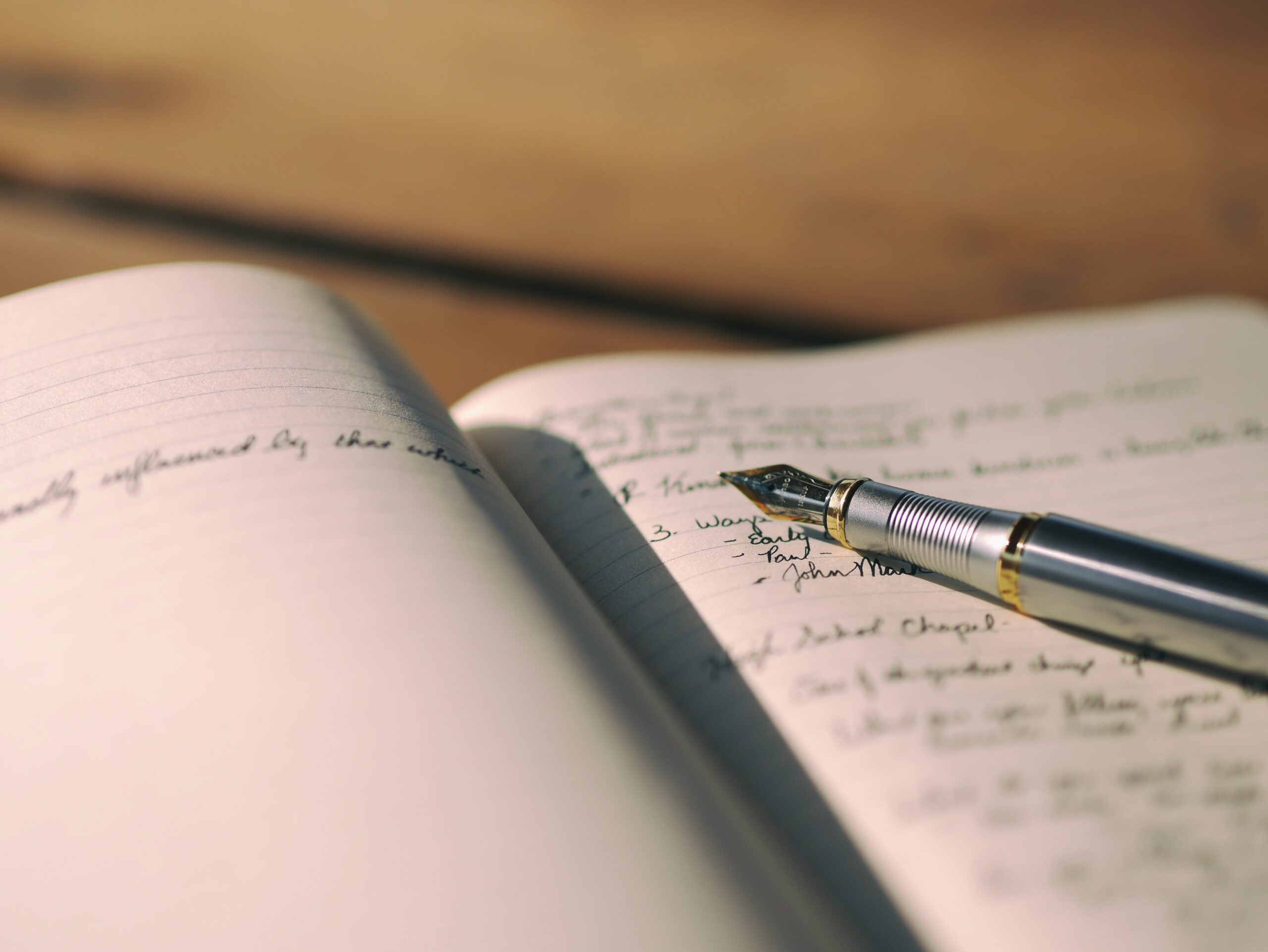
Meditation
All of these activities require you to be aware of and in control of your thoughts, which is not always easy. When your brain starts bombarding you with concerns and worries, they can be hard to ignore.
Meditation is the best way to train your brain to be able to control your thoughts.
There are many different types of meditation, but on its most basic level, meditation is the practice of clearing your mind of active thoughts.
Contrary to popular belief, that is not the same as completely emptying your mind and thinking about nothing. Anyone who has tried meditation knows that is almost impossible. Thoughts always want to invade the clean mental space that you are trying to create. But a meditator doesn’t just give up and say “I can’t clear my mind”.
Instead, they recognize the invading thought, and put it to one side without dwelling on it. It is this practice of dealing with thoughts that creates the mental discipline needed to control your thoughts.
So, meditation can help give you the skills that you need to deal with unwanted thoughts about the future when they invade your mind at an inappropriate moment when you are trying to enjoy the here and now.
You can read our complete guide to developing a meditation practice here.
The Verdict
The digital nomad lifestyle is based on the idea of enjoying life now, while you are working, rather than waiting for some future date when you have the time and money to start enjoying yourself. Digital nomads work to build lives that balance work and leisure.
But, of course, that is easier said than done. The future focus of our culture can make it hard to avoid the common trap of saying to yourself “I’ll do that when…”. The time pressures that are a common part of the digital nomad lifestyle also make it easy to worry about the “next thing” when you could be enjoying the present thing.
Hopefully this article has given you some ideas on how you can choose to be more present and enjoy the current moment more as a digital nomad.

